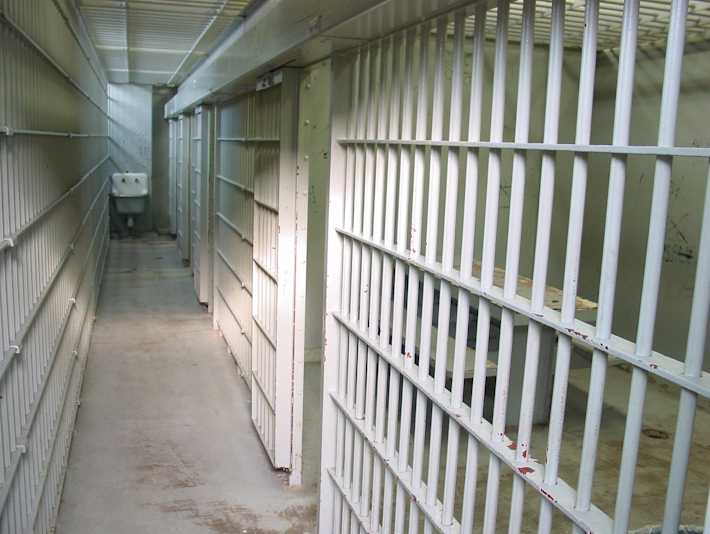
When people are convicted of a crime, they expect to be sentenced to jail time or probation. But there are other long-lasting consequences – and these can be unfair and counter-productive.
Washington courts routinely sentence people to pay a variety of fines, fees, and costs. Defendants can be required to pay for the costs of filing a case and for their public defenders, incarceration, or probation supervision. In fact, a person convicted of a felony in Washington gets an average of over $1,000 in fines and fees (not counting restitution to any victim).
For many Washington residents, this debt can lead to a cycle of constant imprisonment. This is because failing to pay court debt is considered a violation of the sentence, and courts have the ability to imprison people for willful failure to pay. Most Washington court debt doesn’t expire and can’t be discharged in bankruptcy – so courts can enforce it forever.
An article by NBC News, “Sentenced to debt: Some tossed in prison over unpaid fines,” is calling attention to the sad fact that many cash-strapped courts are not shy about threatening people with jail time if they don’t pay – and actually jailing them for debts. People who are jailed for failure to pay often lose the ability to find work and contribute meaningfully to society. The money that courts collect through such practices may not outweigh the costs of collection and incarceration.
Nationwide, the ACLU is leading the charge against debtor’s prisons. Our pioneering report, “In for a Penny,” discusses debtor’s prisons in five states (including Washington) and makes recommendations to ensure that no one is sent to jail for being poor.




